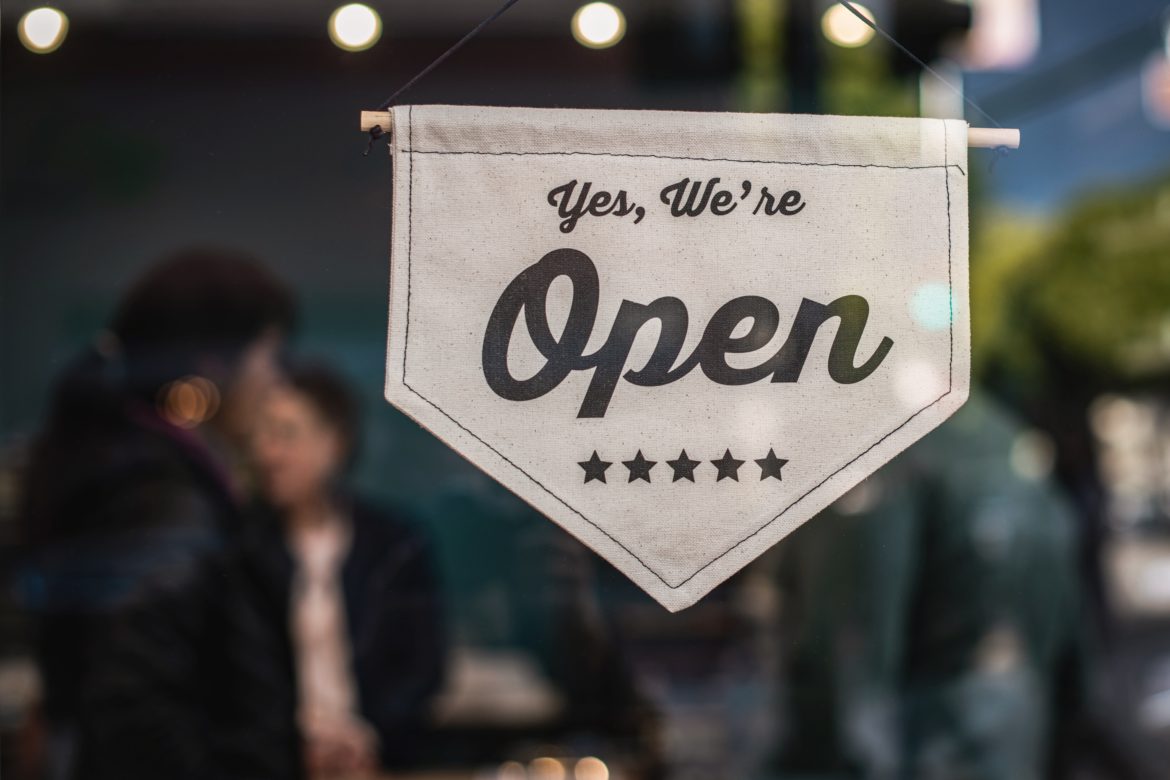The pressure on small and medium-sized enterprises (SMEs) from economic decline due to COVID-19 is felt by 35% of SMEs. This is down 20 percentage points compared to this time last year. However, past pressures are creeping back to pre-pandemic levels with some increasing 6% in the past six months, finds MYOB Business Monitor.
The latest research of 1,000+ Australian SME owners and operators found top business concerns to be cash flow and the cost of utilities, felt by 32% of respondents. The greatest increases include access to finance, a pressure for 26% of respondents up from 20% in December and late payments from customers increased to 29% from 25%.
According to Emma Fawcett, MYOB’s General Manager SME, as some businesses return to normality, traditional small business concerns are creeping back in.
“It’s an unfortunate return to ‘business as usual for the country’s 2.29 million SMEs, with 14 of the 16 business pressures measured by the MYOB Business Monitor increasing in the last six months. This demonstrates that as COVID-19 pressure subsides, other business pressures increase.
“SME concerns with payment times and old bugbears associated with a physical presence – such as utilities like electricity and gas – are back on the table. It seems these issues were temporarily superseded during the pandemic but are increasingly back on the radar now for many SMEs.”
Business confidence
The research, conducted before Victoria’s latest lockdown, found overall, business owners are feeling positive about the year ahead, with 57% predicting an uplift in Australia’s economy. Almost half (48%) predicting their revenue will be up in a year.
The latest Business Monitor shows a marked difference in confidence for the coming year by industry. With 78% of Finance and Insurance SMEs predicting the economy will improve in the next 12 months, compared to a national average of 57%. Retail and Hospitality are at the other end of the spectrum, with only 46% predicting uplift.
Queensland SMEs are the most confident, with 60% predicting an improvement in the economy in the year ahead, followed by Victorians, at 59% when the survey was conducted before the latest lockdown. In New South Wales, 58% believed the economy would improve, as did 55% of Western Australian SMEs.
Nationally 30% report an increase in revenue on a year ago, up from 19% in December. The likelihood of a revenue increase in 12 months is up 11 points to 48%, compared to 37% at the end of last year.
Business priorities to overcome small business concerns
In the next 12 months, SMEs are looking to increase the prices and margins on what they sell (30%), retaining customers (29%), as well as customer acquisition, employee payments and marketing/advertising online (all 28%).
“After a challenging trading year, it’s encouraging to see SMEs looking to explore new revenue opportunities over the next 12 months,” Ms Fawcett said.
“It’s concerning those operational pressures are on the rise as the country recovers from COVID-19. However, overall confidence in the economy, as well as SME revenue, is a good sign for a sector that makes up 95% of Australian businesses.”
